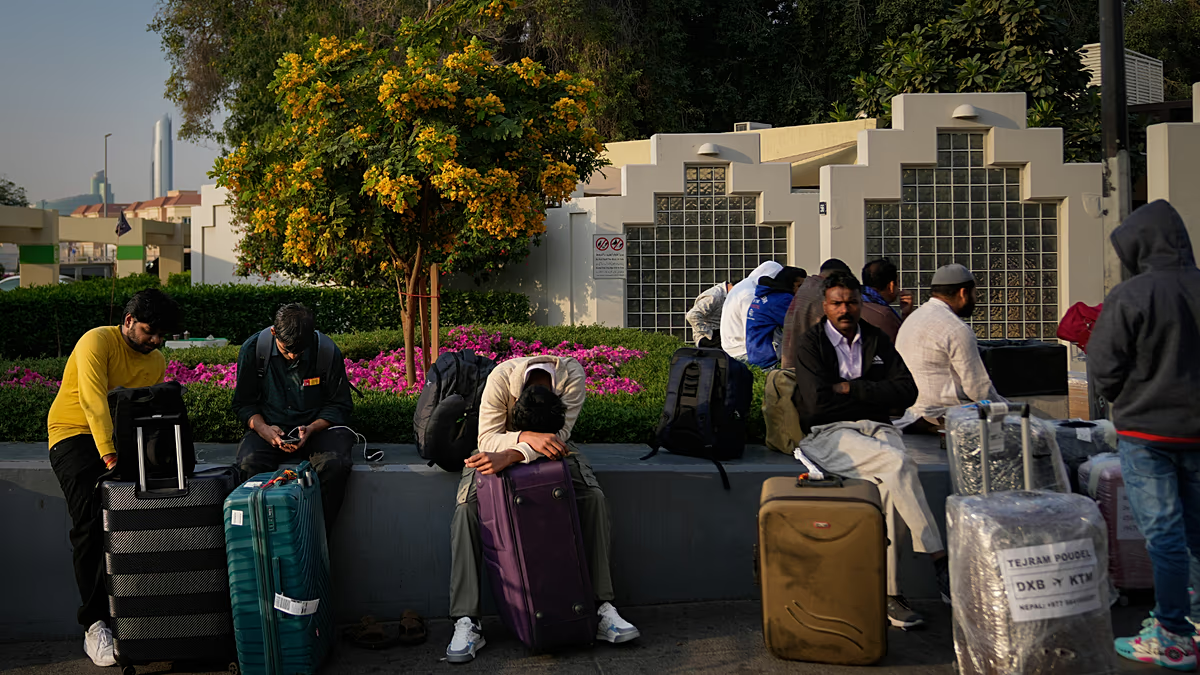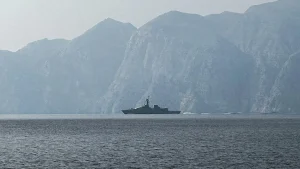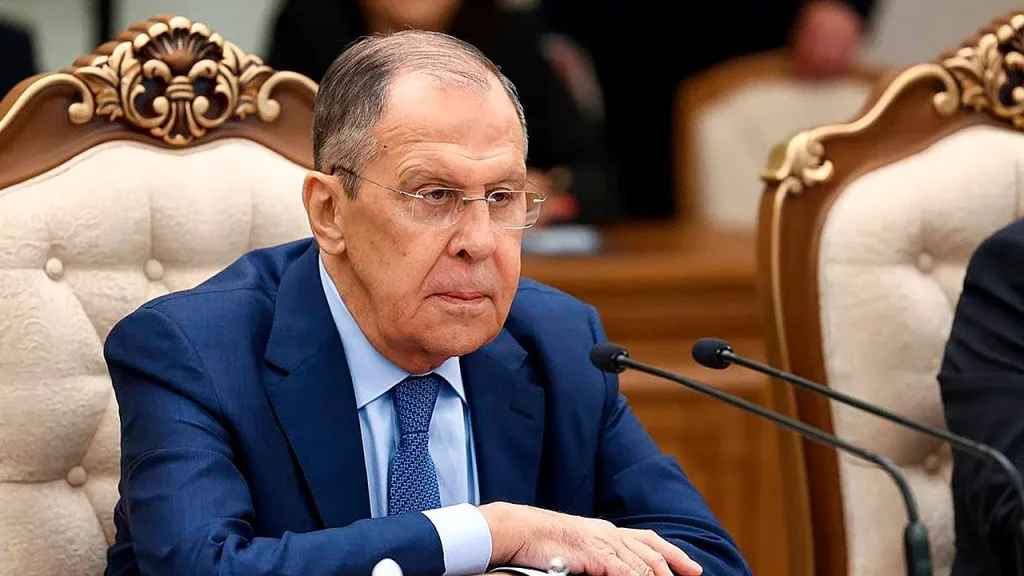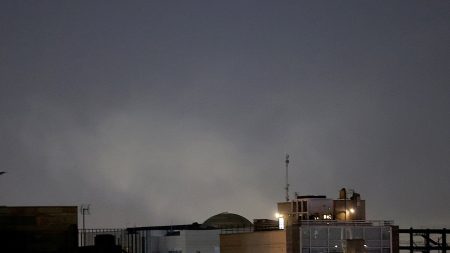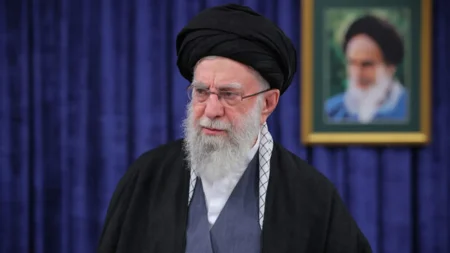Russia Signals Caution on Ukraine Peace Proposal
In a recent statement, Russian Foreign Minister Sergey Lavrov indicated that Moscow might reject the White House’s latest Ukraine peace proposal if it fails to honor what Russia considers key understandings reached during the August summit between President Donald Trump and Vladimir Putin in Alaska. Speaking at a news conference Tuesday, Lavrov explained that Russia is still reviewing an updated version of the Trump administration’s peace plan aimed at ending the nearly four-year conflict, but warned that if the “spirit and letter” of previous agreements are not upheld, the situation would become “fundamentally different.”
The diplomatic exchanges come at a critical juncture as Russia continues to maintain what many observers characterize as maximalist demands in negotiations. Moscow has consistently insisted that any peace agreement must include prohibitions against Ukraine joining NATO and require Ukraine to cede the remaining portions of the Donbas region. These demands have proved to be significant obstacles to progress, with John Hardie, deputy director of the Foundation for Defense of Democracies’ Russia Program, telling Fox News Digital that “Moscow’s intransigence over the past 10 months has been the main obstacle to Trump’s diplomatic efforts.” Hardie criticized what he sees as inconsistent U.S. strategy, noting that America has fluctuated between pressuring Russia and attempting to impose Russian terms on Kyiv. He advocated for “sustained military support for Ukraine and economic pressure on Russia,” arguing that Putin needs to understand that “neither the Ukrainian military nor Western, especially U.S., resolve, are going to falter.”
Some security experts remain deeply skeptical about the prospects for peace. Former CIA station chief Dan Hoffman expressed doubt during an appearance on “The Brian Kilmeade Show,” suggesting that the United States lacks sufficient leverage to force Moscow to end its invasion. Hoffman emphasized that Vladimir Putin’s core strategic objective “has always been to overthrow the democratically elected government of Ukraine,” and that Russia engages in negotiations primarily to assert dominance in what it considers its sphere of influence. “I just don’t see any evidence that Russia is going to pause in their relentless attacks on Ukraine,” Hoffman stated, highlighting the gap between diplomatic rhetoric and battlefield reality.
Despite these challenges, diplomatic efforts continue. According to a U.S. official who spoke to Fox News, Ukraine has agreed in principle to a peace deal, though important details still need to be finalized. U.S. Army Secretary Dan Driscoll recently met with Russian officials in Abu Dhabi to discuss the framework for an agreement, with a Ukrainian delegation also present and in communication with Driscoll’s team. These talks represent the latest attempt to find diplomatic traction in a conflict that has defied previous peace initiatives and continues to exact a heavy toll on Ukraine’s civilian population and infrastructure.
The negotiations unfold against a backdrop of ongoing Russian military operations in Ukraine, including recent bombardments of Kyiv that reportedly killed at least six people. Russia has also launched what some sources describe as its largest drone attack on Ukraine to date, prompting NATO jets to scramble in response. These military actions raise questions about Russia’s commitment to good-faith negotiations and suggest that Moscow may be attempting to strengthen its position at the bargaining table through continued aggression, a tactic that has characterized much of its approach to the conflict.
The coming weeks will likely prove decisive for the fate of the peace proposal, with much depending on whether the parties can bridge fundamental differences regarding Ukraine’s sovereignty, territorial integrity, and future security arrangements. While diplomatic channels remain open, the stark contrast between Russia’s stated negotiating positions and its military actions on the ground illustrates the enormous challenges facing those seeking a sustainable resolution to the conflict. As international attention focuses on these developments, the people of Ukraine continue to bear the brunt of a war that has transformed the European security landscape and called into question the post-Cold War international order.

